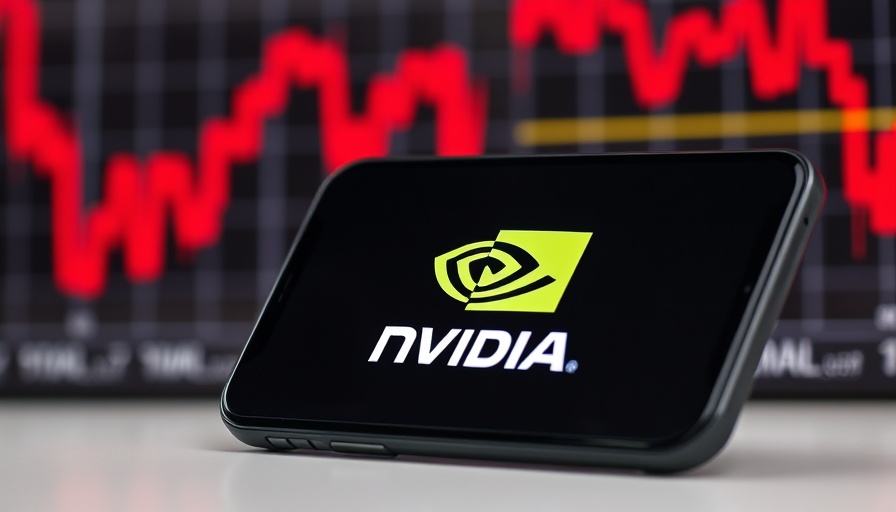
Nvidia's Growing Competitive Landscape Amid U.S. Sanctions
In a strategic shift, Nvidia, a leader in the GPU and AI market, has indicated a notable uptick in competition from China's Huawei, despite ongoing U.S. sanctions. These restrictions, which have been in place since 2019, aimed to curtail Huawei's access to U.S. technology and systems, including advanced 5G infrastructure and software. However, in its annual report, Nvidia recognized Huawei as a competitor across multiple sectors, showcasing the resilience and adaptability of Chinese technology firms in the face of regulatory challenges.
The Resilience of Huawei
Despite the U.S. sanctions, Huawei's revenue surged by 22% in 2024, reaching approximately 860 billion yuan ($118.27 billion). This makes them a formidable contender in the telecommunications market. Huawei's return to the smartphone market with its Mate 60 Pro—a device featuring download speeds comparable to 5G—marks the company's regained trajectory. These advancements illustrate Huawei's capacity to innovate independently, utilizing self-developed chips and software like HarmonyOS NEXT to elevate its stake in the global market.
The Rise of AI and GPU Competition
Nvidia's acknowledgment of Huawei within its competitive sphere wasn’t isolated; it includes Huawei's offerings in chips, cloud services, computing processing, and networking products. As Nvidia's CEO Jensen Huang remarked, "There's a fair amount of competition in China," emphasizing the vigorous nature of rivalry in this high-tech sector. A significant aspect of this competition is Huawei's emergence in the AI chip arena. The introduction of Huawei's Ascend 910B chip, characterized by its advanced architecture and high-speed processing capabilities, poses an increasing threat to Nvidia's previously unchallenged dominance.
Implications of U.S. Trade Policies
Interestingly, the very sanctions meant to suppress Huawei have instead fostered an environment where the company is bolstered to innovate and develop its own technology solutions. As Nvidia has reported a 769% increase in profits, the U.S. measures have adversely affected its Chinese operations, where data center revenues have experienced significant declines. Such dynamics showcase the unintended consequences of restrictive trade policies that could reshape global technological supremacy.
Future Observations in the Tech Arena
The competitive landscape of AI is set to evolve dynamically as companies like Nvidia and Huawei strive to capture larger segments of the market. It is imperative for tech firms to not only innovate but also respond effectively to geopolitical challenges. The AI market, projected to experience significant growth, will likely be shaped by these interactions. As Huawei continues to enhance its capacities, the implications for firms like Nvidia could be profound, pushing them to adapt swiftly to sustain their market presence.
Concluding Thoughts on Global Competition
In conclusion, Nvidia's recent insights into its competition with Huawei underscore the complexities of today's global technology landscape. The convergence of stunning growth in rival companies and the repercussions of international trade policies reveal a market environment ripe for change. As events develop, technology businesses must remain agile, ready to navigate not just competition, but also the evolving rules of engagement across borders.
 Add Row
Add Row  Add
Add 




 Add Row
Add Row  Add
Add 

Write A Comment